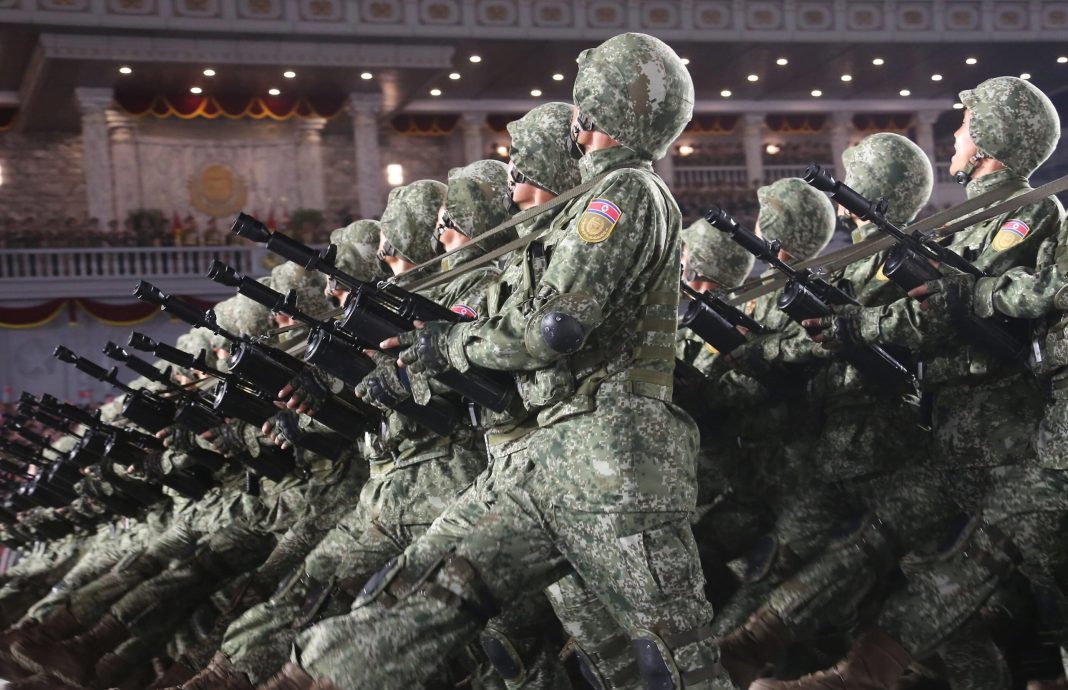The United States is preparing for a potentially significant escalation in the conflict between Russia and Ukraine, as thousands of North Korean troops currently stationed in Russia are expected to soon be deployed in combat. Pentagon chief Lloyd Austin provided this update during a recent stop in Fiji, indicating that approximately 10,000 North Korean soldiers are concentrated in the Kursk region near the Russian border. These troops are reportedly being integrated into Russian military formations.
Austin expressed confidence that these North Korean forces will soon see action on the battlefield, based on their training and integration into existing Russian units. While he noted that there has not been substantial evidence of North Korean troops actively participating in combat thus far, the situation is rapidly evolving.
In parallel developments, South Korean government officials, along with intelligence and research organizations, have reported that Russia has been supplying North Korea with resources such as oil, anti-air missiles, and economic assistance in exchange for the deployment of troops. This arrangement underscores the increasing military and economic cooperation between Moscow and Pyongyang, particularly in the context of the ongoing war in Ukraine.
The Ukrainian government has raised alarms over this alliance, noting that Russia has amassed a significant military presence, now totaling around 50,000 troops, in an effort to reclaim territories in the border region that Ukrainian forces had captured during their successful offensive in August. The recent gains made by Ukrainian forces came at a time when their troops were already heavily engaged in the Donetsk region, which has seen some of the fiercest fighting in the protracted conflict.
As tensions mount and the situation on the ground becomes more complex, the implications of North Korean involvement could further shift the dynamics of the conflict, raising concerns among international observers about the potential for an expanded frontline and increased violence in the region.





